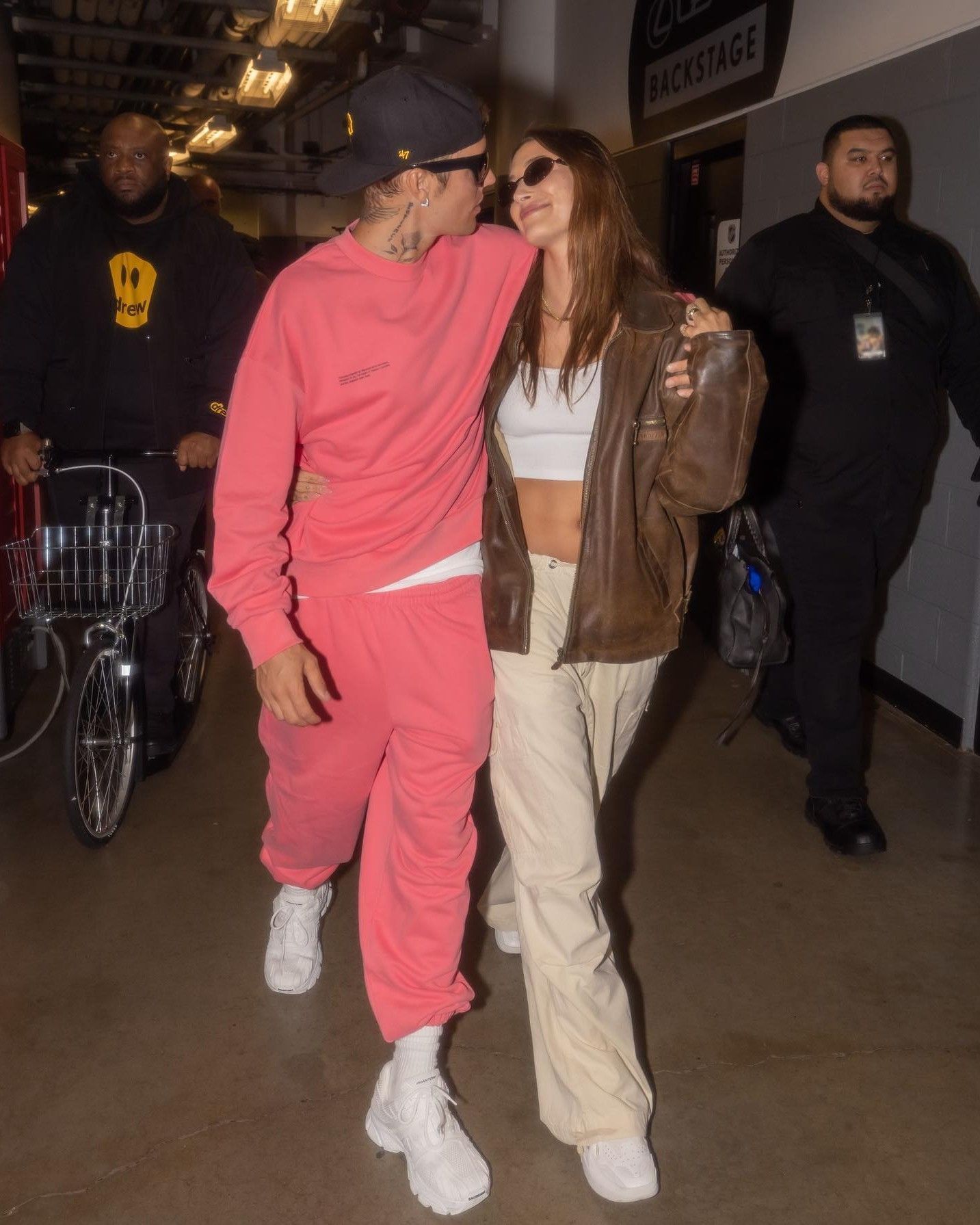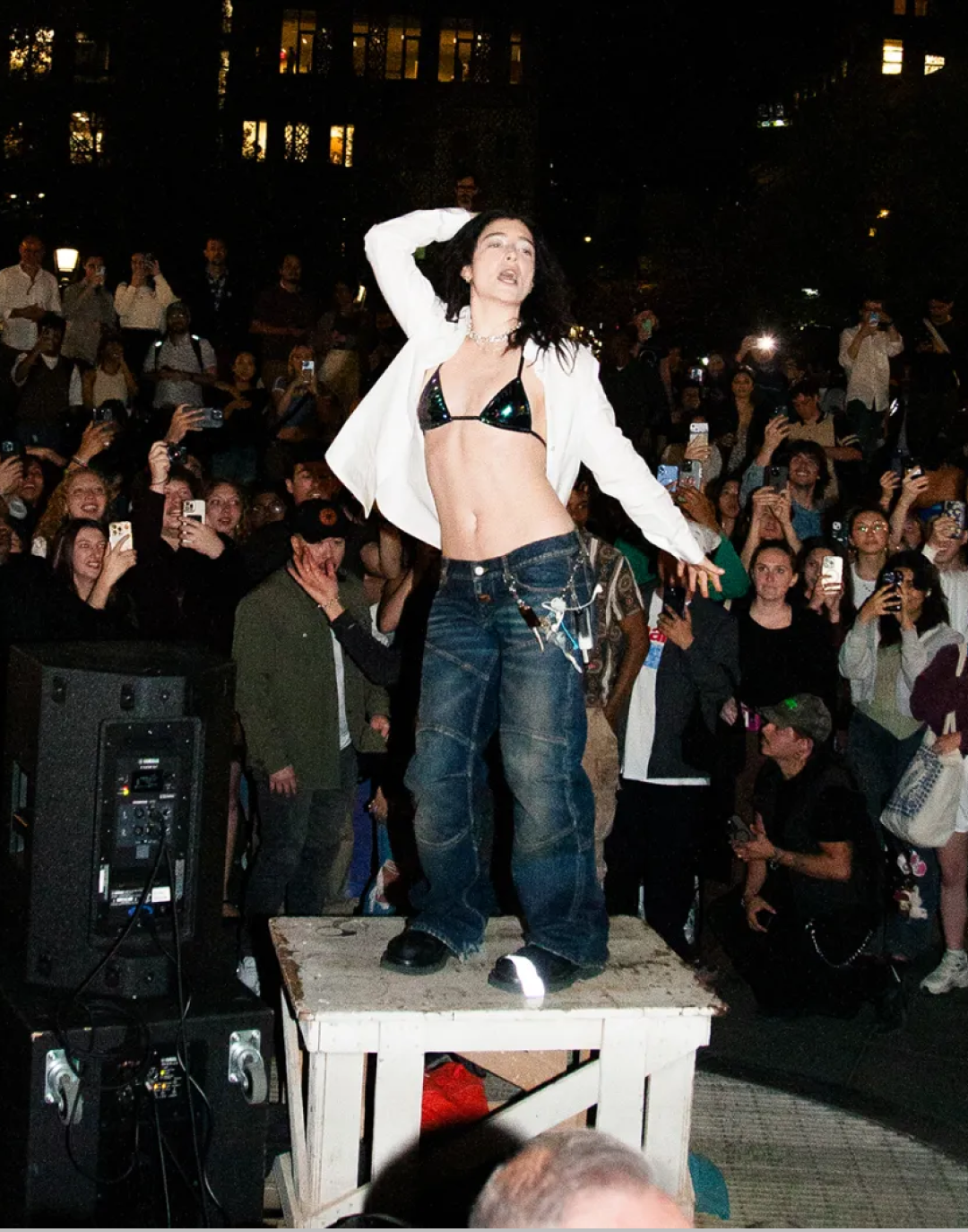
Why listen to Armani and not Tyler, The Creator? The great designer was not the first to highlight certain problems, but he is the first to be heard
In a letter addressed to WWD that was widely reposted on social media, Giorgio Armani spoke of some of the critical issues of the fashion system, critical issues present for years that the Covid-19 pandemic has laid bare and that, certainly, make necessary a rethinking of some of the main principles of the industry, referring especially to the fashion week system, which he considered superfluouso:
«Enough with fashion as pure communication, enough with cruise shows around the world to present mild ideas and entertain with grandiose shows that today seem a bit inappropriate, and even a tad vulgar — enormous but ultimately meaningless wastes of money.».
Armani was also the first brand to find itself forced to completely rethink its fashion show at February fashion week because of the coronavirus, with a closed-door show streamed. What was strange, however, in the words of Giorgio Armani, were the reactions from all the media in the sector as well as from social media: it is singular how the drive for change by those who, over the years, has actively contributed to the formation of that system is perceived as visionary.
There is no doubt that the intentions and conclusions to which Armani reaches are correct and positive: there is certainly no new criticism of a system that now seems old and anti-economic. Fashion week shows have been saved by celebrities and Instagram, by images of them that immediately propagate within the digital fashion ecosystem. Today, as the pandemic has subjected the industry to an unprecedented exogenous shock, forcing everyone to rethink the way we do fashion in 2020, talking about change is certainly easier. It is perceived reassuring that it is a guru of fashion who tells how immoral and anti-economic fashion has become, when instead for years the messages of those who, in the meantime, the fashion system had unhinged him, forcing the maisons to flatten on the cultural tastes of an audience that would never take into account.
During Converse's Creative All Star Series event in London, during its Tyler panel, The Creator answered an audience question about Golf's potential participation in one of Fashion Week:
«I really believe that the concept is outdated, and that's why I started to show the collections on video. Brands spend all that money, because believe me that stuff costs so much, for 7 minutes of show, for people who don't give a shit and just want to make videos for Instagram. Do all this, get people from all over the world, and where does the video of the show end? On Youtube! So I thought, I'm going straight to Youtube».
After a first show in 2016, in fact, Tyler had completely abandoned the idea of fashion shows, using videos - which he directed himself - to show the lookbooks of the collections. There is no doubt, however, that Giorgio Armani's opinion on fashion week is more authoritative than Tyler's, but it is equally true that the world of fashion, insiders and non-experts is more receptive and inclined to listen to the opinions of Giorgio Armani - and everything he represents - than those of Tyler or Kanye West, creatives whose rise the previous fashion establishment had not foreseen, just like nobody had predicted that Virgil Abloh would become the head of one of the oldest and most prestigious fashion houses in the world.
The way streetwear has reformed all sectors of fashion - including Fashion Week shows and the attention they generate - should teach you how to spot trends and try to change things before they violently hit an entire industry, bringing it to its knees. The lack of understanding that the agents of change in the fashion world have changed is one of those systemic, Europocentic and "white" errors that in recent years has led the fashion world to have to draw from streetwear to survive, to produce sneakers to continue to sell shoes and to give more and more space to brands like Off-White™ Heron Preston and Alyx. In the days of Paris Men's Fashion Week in January, Aria Hughes marked in an article for Complex the existence of a meme that read: "Y'all Turned Paris Fashion Week Into Agenda", referring to the trade show in Las Vegas and a decidedly disparaging and classist meaning. The Parisian fashion week was in fact full of shows of brands considered "streetwear" (and largely derived from Kanye West's DONDA Academy) that are often the most anticipated and the most photographed:
«Streetwear has helped change the tone of the industry, given opportunities to people who wouldn't have gotten them a few years ago, and put more power into the consumers' hands. And if all of this means Paris Fashion Week turned into Agenda, I'm more than cool with that», writes Hughes.
When Tyler, The Creator on the Grammy stage, called the term "urban music" racist, he was immediately supported by Virgil Abloh, who revealed that he felt the same feeling as Tyler when he heard the word "streetwear" uttered. This was what Abloh was referring to as "I believe streetwear will die in 2020": Virgil Abloh called for the removal of an additional language barrier, the one that relegates streetwear to a uniquely urban phenomenon and therefore not worthy of attention: "When you think about the term streetwear you immediately think about the street and, therefore, African-Americans. And it's certainly racist as an idea," said Pyer Moss founder Kerby Jean-Raymond in Lena White's documentary, You Ain't Got These.
The sentiment expressed by Giorgio Armani is certainly shareable (although contradictory, in some ways), but the willingness of the media to blindly believe in what "King Giorgio" promises is flawed by their position of power and membership in the fashion elite - a white and European elite. The fashion industry has not yet learned to trust the opinions and actions of brands that are considered "streetwear" but then take refuge in the same operating modes: collabos, for example - to keep the crest of the hype. Rethinking the fashion industry is a necessity today, but within the rethinking it is necessary to consider the inclusivity and openness of a world that continues to be little-different in all its compartments. Only then will we be able to turn industry into a "unique opportunity to solve what is wrong, to regain a more human dimension"
























































